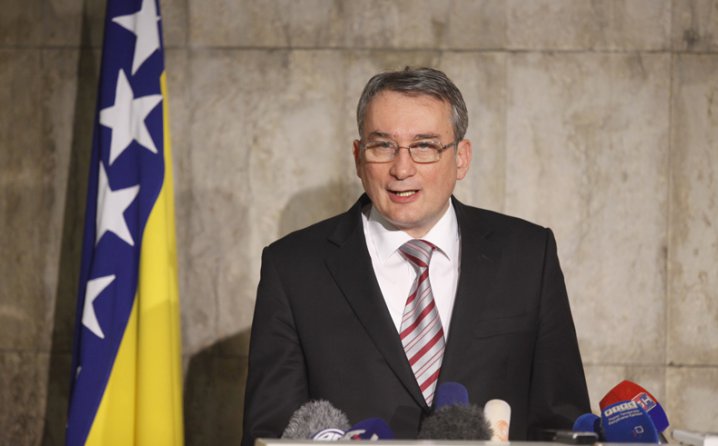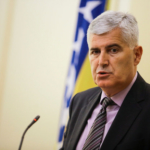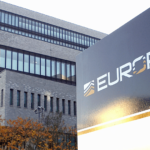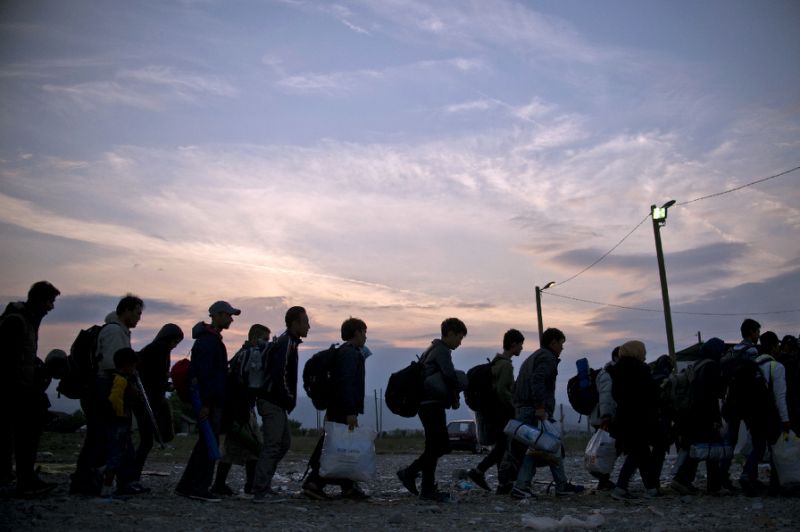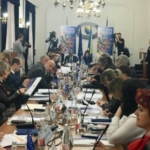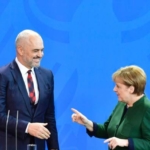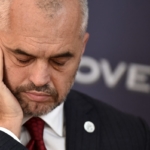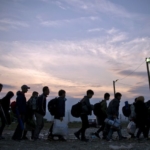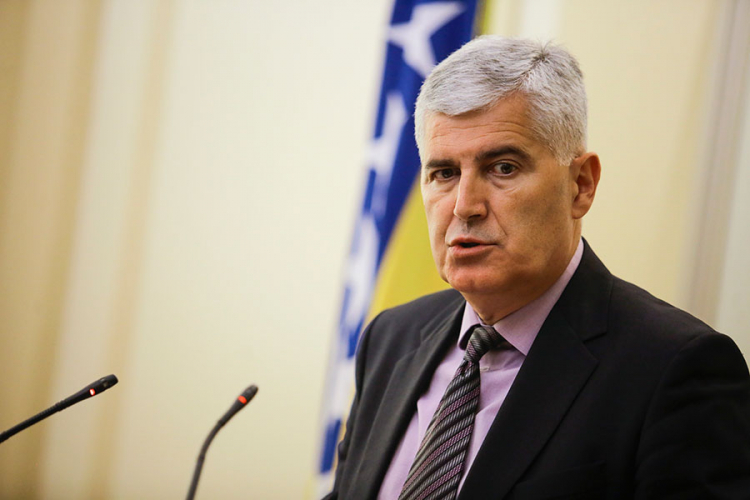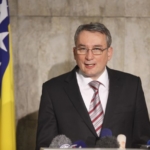Visit of the Minister of Foreign affairs Nikola Dimitrov to the Grand Duchy of Luxembourg
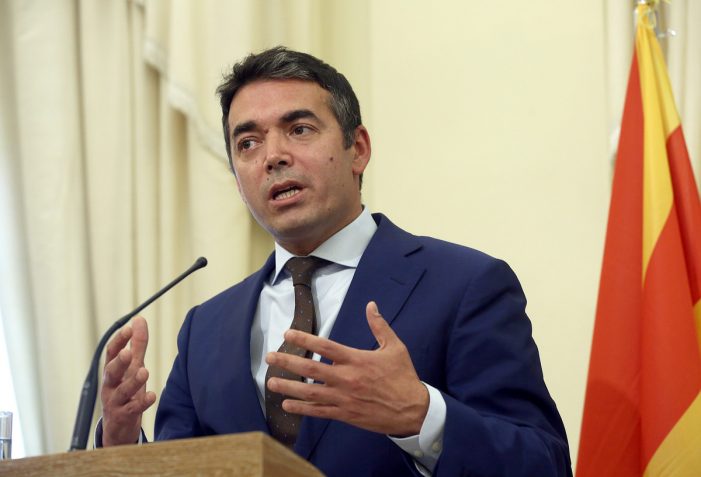
On April 20, 2018, the Minister of Foreign Affairs of the Republic of Macedonia, Nikola Dimitrov, paid a working visit to the Grand Duchy of Luxembourg, within which he had a meeting with his host, Foreign and European Affairs Minister Jean Asselborn. The ministers expressed satisfaction with the mutual efforts to intensify the political dialogue in the past months, resulting in two working visits to the foreign ministers of the Republic of Macedonia and Luxembourg in both directions. Opinions were exchanged about the potential and mutual interest in the function of the further development of the overall bilateral cooperation between the Republic of Macedonia and the GV Luxembourg.
Minister Dimitrov briefed his host on the latest development of the internal political situation, the reform agenda, the regional cooperation, as well as the efforts to find a compromise solution to the bilateral dispute with the Republic of Greece. During the visit, Minister Dimitrov also met with the Speaker of the Luxembourg Parliament, Mars Di Bartolomeo and members of the Parliamentary Committee for Foreign and European Affairs, Defense, Cooperation and Migration, and presented the opportunities to interested companies in the Economic Chamber of Luxembourg. for investing in the Republic of Macedonia.




